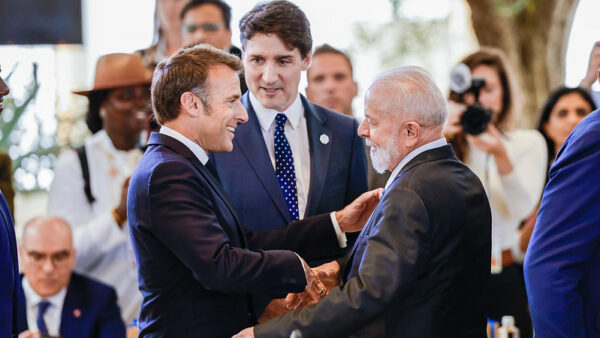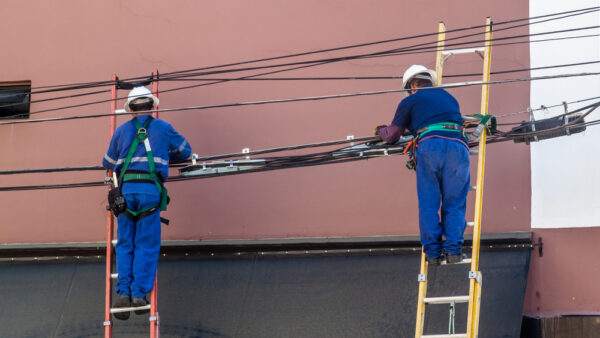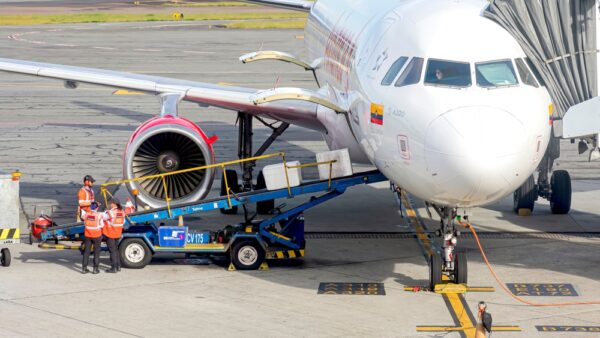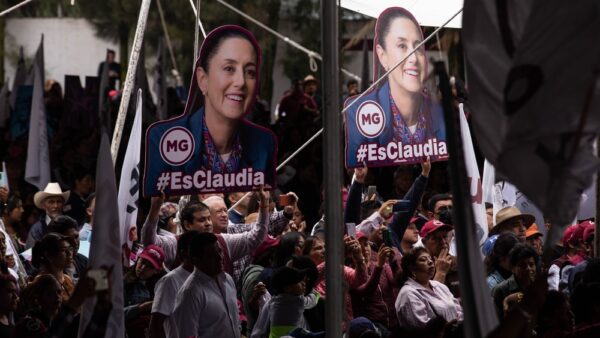Lula’s beef with Lira continues, Asian e-commerce platforms are to blame
Last Thursday, President Luiz Inácio Lula da Silva reacted to the decision of House Speaker Arthur Lira to put a bill taxing international purchases of up to USD 50 to vote. The president said he might veto the legislation if approved.
In his words. “There is no planned meeting [with Mr. Lira], but if he wants to talk, I’m available. The tendency is to veto it,” Lula told journalists, adding that he was not sure how much “poor girls” buying “trinkets” truly competes with the sales of items produced in Brazil.
- Two days before, Mr. Lira said he could try to reach an agreement with the government but that if a consensus was not reached, the matter would be decided on the House floor in the coming days.
State of play. Brazilian retailers complain about unfair competition from Asian platforms such as AliExpress, Shein, and Shopee. They say that not even reinstating the standard import tax of 60 percent on these purchases would make the situation fairer, as products sold by Brazilian retailers pay an average tax burden of 109 percent according to estimates from IDV, a lobby for retailers.
Why it matters. The sector has now found the support it needed from lawmakers and, more importantly, from Mr. Lira, who is eager to print a legacy in his last months leading the lower house of Congress.
- The House will have a new speaker next year, elected for 2025 and 2026, and...

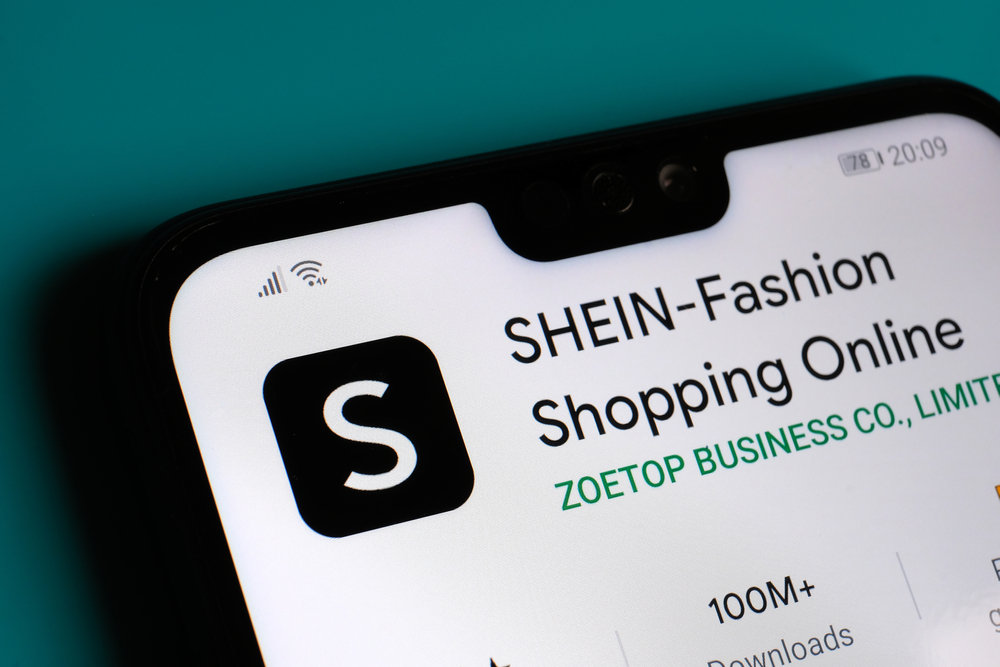
 Search
Search










